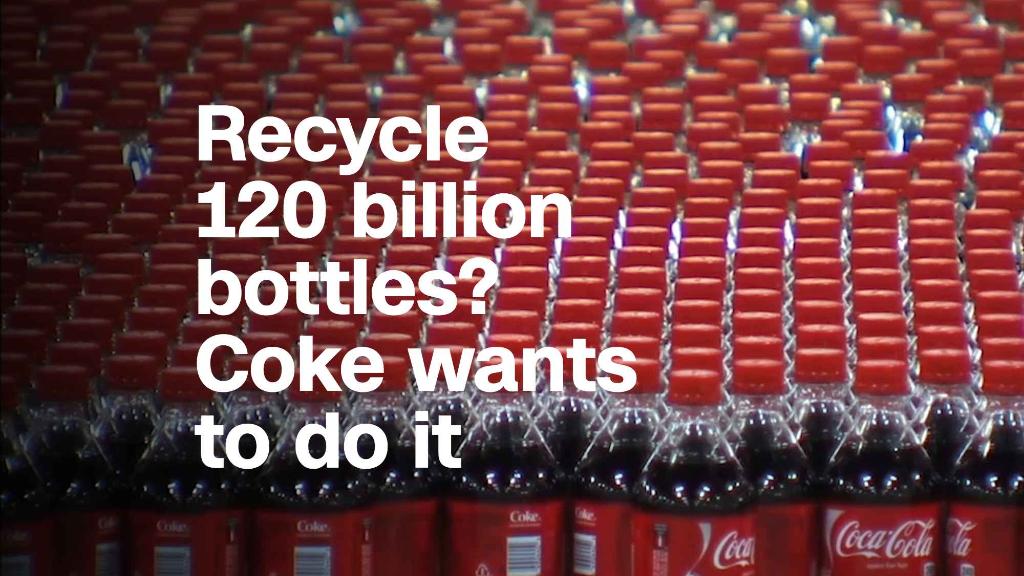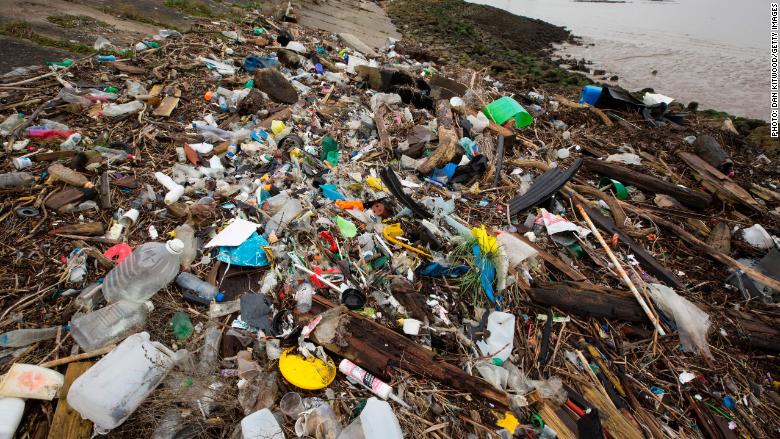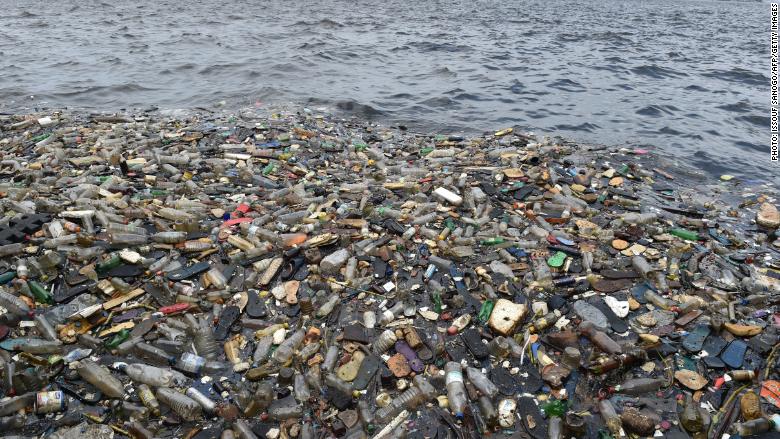
Plastic straw manufacturers are bracing for big changes. The tide is turning against their product.
Cities and countries around the world are stepping up pressure on businesses and consumers to ditch the plastic drink accessory because of the pollution it causes. Research shows there will be more plastic than fish by weight in the world's oceans by 2050, and straws are a major factor because the vast majority are never recycled.
The European Union is pushing for many single-use plastic products, including straws, to be barred across its 27 member states by 2030. Some countries may move much faster than that.
"I want to do everything we can to restrict the use of plastic straws and we're exploring at the moment if we can ban them," UK environment secretary Michael Gove told Sky News on Friday.
The Scottish city of Glasgow last month banned the use of plastic straws in municipal buildings. Seattle is banning them starting in July. If restaurants want to serve drinks with straws, they'll have to use biodegradable alternatives.
Major UK restaurant chains, including Pizza Express and Wagamama, have already stopped using them.
They are trying to fight pollution on an enormous scale. The Marine Conservation Society estimates that 8.5 billion single-use plastic straws are thrown away every year in the UK alone.
Most are not recycled and many end up in waterways and, ultimately, in the oceans. Plastic straws are now among the top 10 waste items found on beaches.

Related: Would you pay a tax on coffee cups?
The rapid shift in opinion against their products have left many plastics companies scrambling for solutions.
Plastico, a leading manufacturer of plastic tableware in the UK, has started selling straws made from alternative materials, such as paper and plant-based substances. Drinkstuff, a catering equipment retailer, saw a dramatic increase in demand for more environmentally friendly straws last year, spokesman Buzz Seager told CNN.
But cost is a big issue. "The price differences between disposable plastic straws and eco alternatives are still a barrier to venues adopting them," Seager said.
John Sidanta, the founder and CEO of Primaplast, said straws made from biodegradable plastic are currently five to six times more expensive than standard plastic products. While "clearly good for the environment," a plastic straw ban would have "consequences for food service business operators," he added.
One of the biggest global suppliers of plastic straws is Tetra Pak. It did not respond to a request for comment.

Related: Is this the beginning of the end of plastic?
The manufacturers say outright bans are not the answer and would hurt people who need straws, such as people with disabilities, kids and the elderly.
"[Plastic] is a good material and very useful material, the problem is waste collection and the lack of recycling," said Plastico CEO Caroline Wiggins.
To help solve the problem, Plastico has recently started offering to take back waste from its customers.
Rob Hall, the director of Dispo, a company that makes disposable catering items, said improving waste collection would be a better solution than a ban.
Dedicated bins and educating the public on how to sort waste correctly -- for example by removing paper cup lids, straws and any remaining liquids or food before putting them in the recycling bins -- would be a start, he said.
The British Plastics Federation also said that other measures "represent a better choice than unqualified bans which fail to take account of important societal uses of products or possible unintended consequences."
